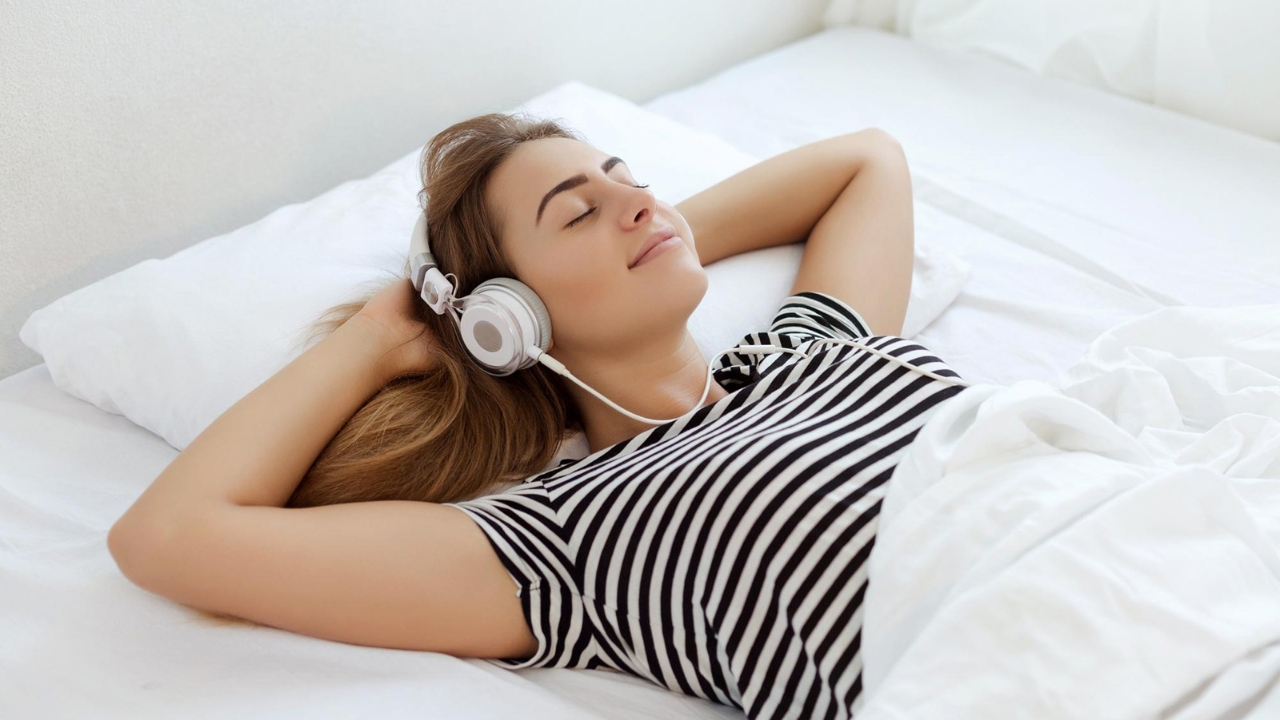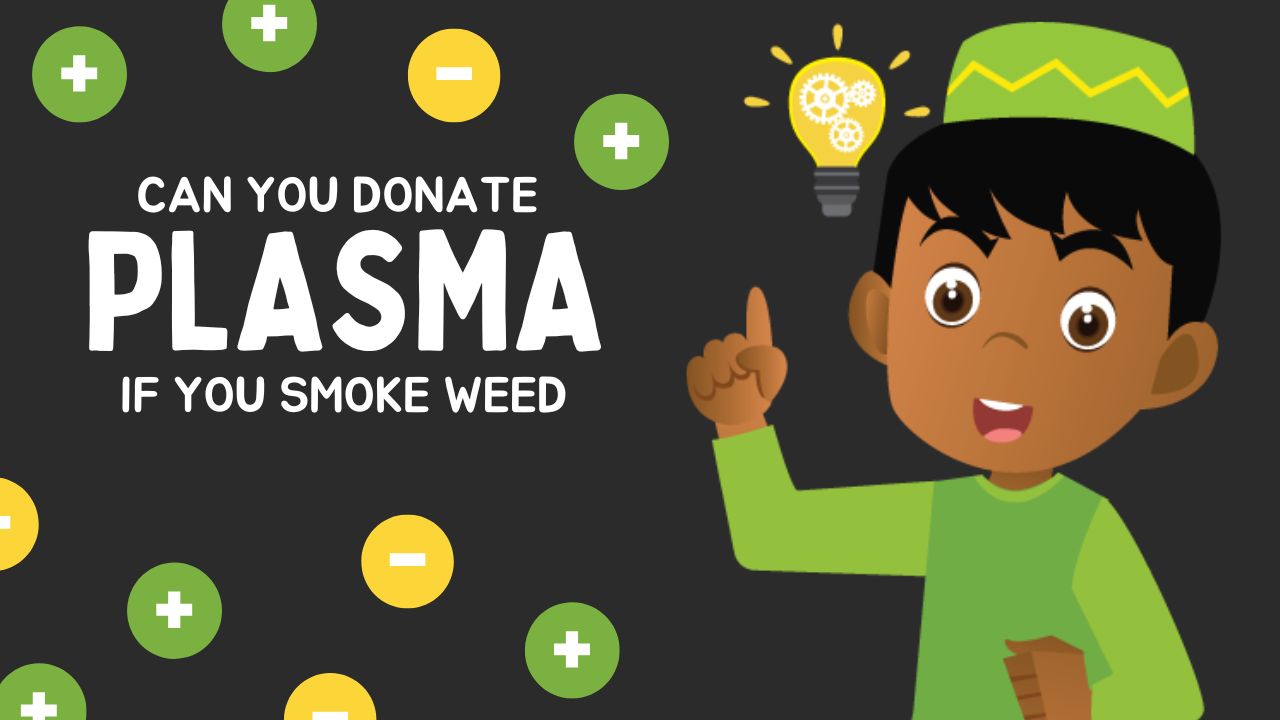How Sounds and Music Affect Sleep

People’s inability to acquire a sufficient amount of quality sleep at night is the third most common explanation reported for this phenomenon. It could be that your partner is shifting, that they are snoring next to you in bed, or that the noise from the street is keeping you awake.

If you are interested in improving the quality of your sleep, you might think about purchasing earplugs or discovering a means to completely unwind and enter a state of deep slumber right before going to bed.
Utilizing certain types of soothing music or noises can be one of the ways to do this. Everyone is aware that music may play a role in influencing the mood of a crowd; it is both a beautiful and sophisticated kind of art. On the other hand, it has the potential to be an excellent tool for improving concentration and relaxation as well as the quality of one’s sleep.
How does music impact sleep?
Let’s get down to the fundamentals of the situation. The brain is responsible for converting the sound waves that are received by the ear into electrical impulses. Your brain is responsible for interpreting these noises, which then causes a cascade of physical consequences to be triggered throughout your body. A good number of these benefits either directly start relaxing your body and gently inducing sleep, or they lessen issues that could interfere with the quality of your sleep.
Several studies have shown that listening to music prior to bedtime can improve the quality of sleep by affecting the way certain hormones, notably cortisol, which is the hormone associated with stress, are regulated in the body. It is thought that listening to music might help reduce levels of the stress hormone cortisol, which may help explain why some find that listening to music helps them relax and feel less stressed.

Dopamine is a hormone that is released by your body whenever you engage in an activity that brings you pleasure, such as eating, shopping, or the aroma of freshly made cookies. One study revealed that listening to music caused the release of this hormone.
The release of dopamine can enhance happy feelings just before going to bed and can also help with discomfort, which is another prevalent factor in disrupted sleep. To put it another way, the physiological and psychological responses elicited by music have the potential to alleviate both acute and chronic forms of physical pain.
People who have a history of poor sleep quality frequently (and sometimes unintentionally) link their bedrooms with restless nights caused by disturbing and worrying thoughts, which prevents them from getting adequate rest. This can be countered by listening to music, which can assist to divert your attention away from wakeful thoughts, calming your emotions, and relaxing your body.
What kind of music can put you to sleep?
According to the findings of one study, persons who listened to music for forty-five minutes before going to bed reported an improvement in the quality of their sleep on the same night.
However, just like when you try to enhance the quality of your life by going to the gym or eating healthily, it takes some time before you start to feel the long-term consequences of your efforts.
People report better sleep the more they incorporate music into their nighttime routine, suggesting that the benefits of listening to calming music appear to have a cumulative effect. In other words, the advantage of listening to music that is calming appears to have a cumulative effect. Therefore, in order for you to appropriately feel the results, you need to give it a shot for at least a month in order to truly notice a more significant change.
Other research focused beyond the bedroom. The hospital is generally considered to be the location that is least conducive to getting a good night’s sleep. The patients are typically stressed out by all of the noises that they are not accustomed to hearing, such as the beeping, the rustling of other individuals, feet in the hallway, and more.
According to the findings of the studies, the introduction of white noise into the atmosphere of the hospital totally eliminates the unfavorable influence that the hospital’s sleeping conditions have.
What kind of music helps you sleep better?
I want to talk about the top three songs that I find to be incredibly relaxing and that makes it easier for me to get a good night’s sleep.
- The song “Weightless” by Marconi Union is currently in the first place. Because it is widely acknowledged to be among the most compelling pieces of music for facilitating sleep, it is an excellent place to begin.
- The timeless Nocturne from Chopin’s Opus 9 No. 2 is my second favorite piece of music. Because it is such a recognizable sound, it immediately calms you down by distracting your attention with the melodious music and relaxing you.
- Clair de Lune, composed by Claude Debussy, is the third piece to be played.
What kind of music do you listen to when you want to unwind and get a good night’s sleep? What kind of an effect did Marconi’s piece have on you?
I would suggest trying sleeping apps if you don’t have the time to hunt for the ideal piece of music that will help you go to sleep. Apps designed to help people fall asleep offer a wide variety of noises and music that can be personalized to the user’s specific preferences or requirements.
However, sleep specialists and scientists do not stop there in their research. It is planned to develop a mobile application that, in response to your pulse rate, will generate individualized music. This should make it easier for you to unwind and get to sleep more quickly. I can’t wait to put that to the test.
What’s your nighttime music routine?
It is now much simpler to take use of the power of music regardless of where you are thanks to the availability of sleep applications, headphones, and portable speakers. Because it is easy to obtain and has the ability to help one sleep better, incorporating music into one’s bedtime routine is something that should be considered at some point.
Where do you start?
Here are a few tips:
Create a routine: maintaining a consistent schedule is essential to keeping both your body and your mind healthy. Make sure that your nighttime routines are enjoyable and tranquil, that you allow your body enough time to wind down, and that you combine music in a way that is soothing, just as if you were at a spa.
Find the music those appeals to you: If a pre-made playlist isn’t doing it for you, consider putting together your own collection of songs that you want to listen to instead. Although many people find that music with a slower speed helps them relax, others can see that music with a faster tempo helps them relax more. Experimenting and finding out what works best for you are necessary steps in this process.
Pick anything that doesn’t take a side: Try to steer clear of songs that stir up intense feelings in you. It’s possible that listening to those when you’re attempting to sleep will bring up old memories or ideas, which won’t help you, relax but will instead keep your mind racing.
Listening to music before bed can help you get a deeper, more restful sleep. Try out different songs on a playlist, and make sure you stay up with your music therapy sessions for at least a month.
- Your Ultimate Guide to Travel Insurance for Adventure Sports
- A Guide to Renters Insurance for Pet Owners: Pet-Proof Your Policy
- Safeguard Your Future: Understanding Identity Theft Insurance
- Safeguard Your Event: Understanding Event Cancellation Insurance
- Everything You Need to Know About Critical Illness Insurance Riders
- Home Equity Loans vs. HELOCs: Which is Right for You?












